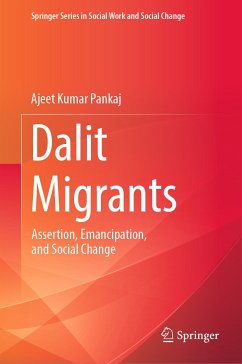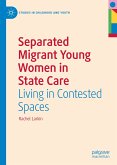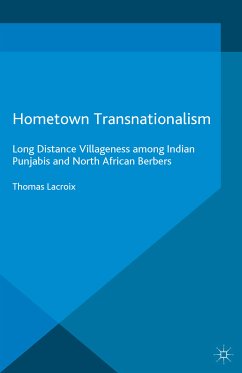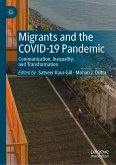The book traces the trajectory of Dalit migrants and captures their mobility from rural to urban areas, which is a complex economic and social phenomenon. In consideration of this complexity, the author explores the process of migration in its finer details through a focus on lived experiences of Dalit migrants in cities. Dalits often migrate to cities in search of better employment and livelihood opportunities because their occupations are invariably associated with their caste in villages. This book investigates the role of caste-based identity in Dalit migrants' emancipation and integration in cities. In addition, the book examines the role of caste in the exclusion of Dalit migrants in cities and explains the dynamic nature of the 'state' and Dalit migrants' assertion.
Among the topics covered in the book's seven chapters:
- Mumbai/Bombay: Migration, Caste, and Dalits
- Caste and Migration: The City-A Site for 'Inclusion' and Emancipation
- Entitlement, Deprivation, and Basic Services: Everyday Experience of Dalit Migrants with the State
Dalit Migrants: Assertion, Emancipation, and Social Change is intended for students, academicians, and researchers in social work, migration studies, labour studies, development studies, population science, and economics. Developmental professionals also will be keen to read the book.
Dieser Download kann aus rechtlichen Gründen nur mit Rechnungsadresse in A, B, BG, CY, CZ, D, DK, EW, E, FIN, F, GR, HR, H, IRL, I, LT, L, LR, M, NL, PL, P, R, S, SLO, SK ausgeliefert werden.









